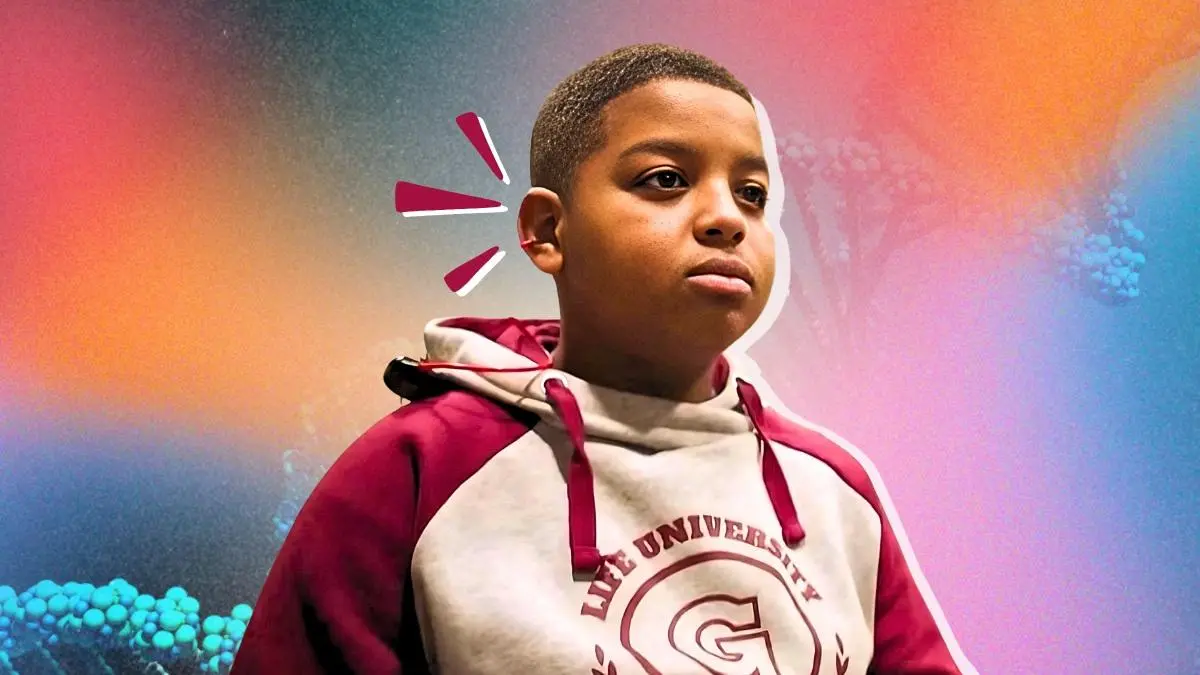11-Year-Old Boy Hears For the First Time as Scientists Get Closer to Finding a Cure for Hearing Loss
11-Year-Old Boy Hears For the First Time as Scientists Get Closer to Finding a Cure for Hearing Loss

www.headphonesty.com
11-Year-Old Boy Hears For the First Time as Scientists Get Closer to Finding a Cure for Hearing Loss
